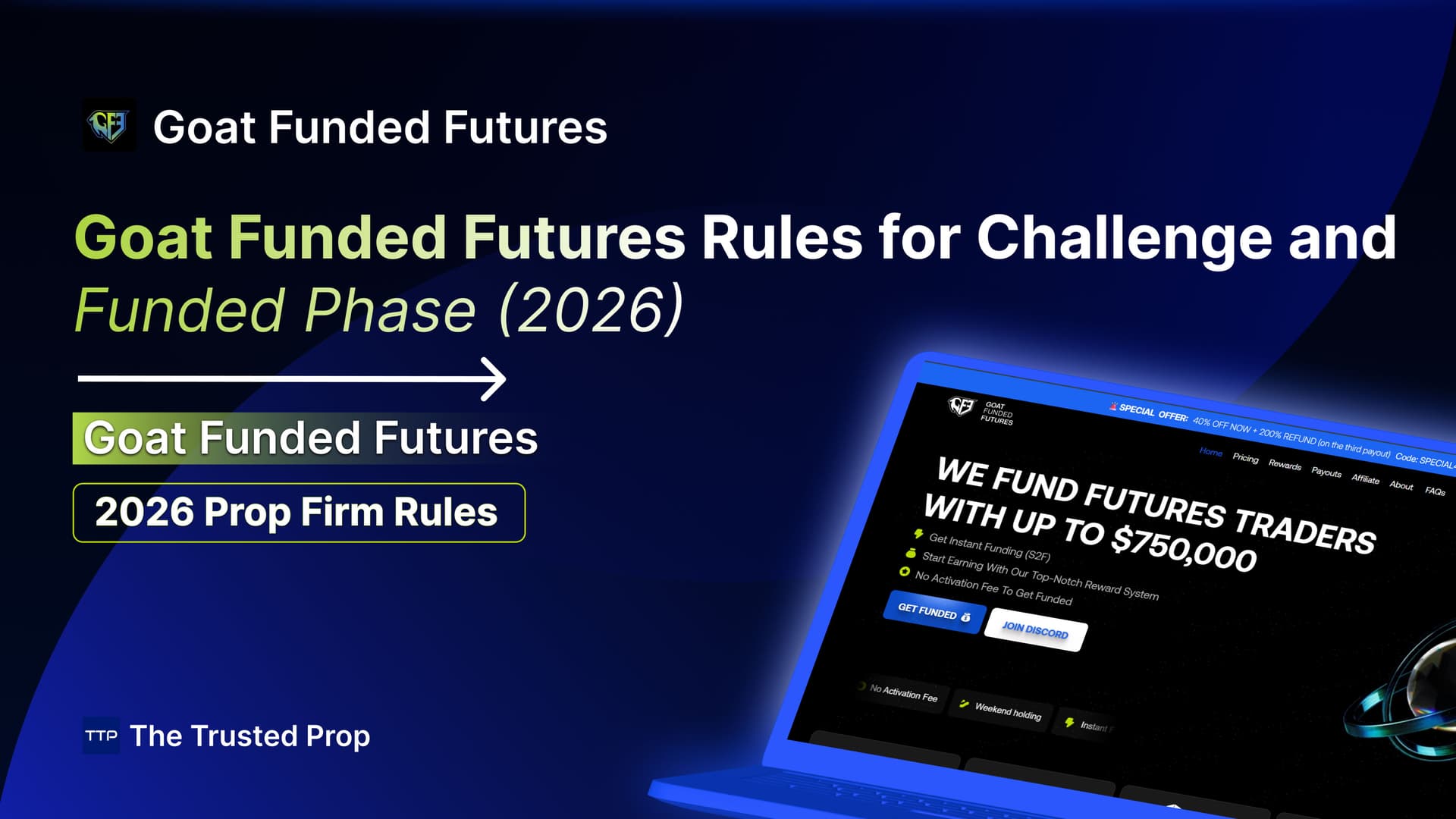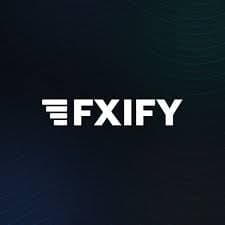Everything You Need To Know About Cryptocurrency Regulations in India

Everything You Need To Know About Cryptocurrency Regulations in India
4/30/2024
The cryptocurrency landscape in India faces a significant upheaval as the Financial Intelligence Unit (FIU), operating under the Indian Finance Ministry, issues a show cause notice to nine offshore cryptocurrency exchanges. These exchanges, including prominent names like Binance and Kucoin, allegedly operate illegally in India, violating the country's anti-money laundering laws.

Legal Framework for Cryptocurrency in India
Prevention of Money Laundering Act (PMLA)
The PMLA mandates that Virtual Digital Asset Service Providers (VDA SPs), regardless of their location, must register with FIU India. This registration entails compliance with specific requirements under the PML Act, covering reporting, record-keeping, and other obligations.
Obligations for Virtual Digital Asset Service Providers (VDA SPs)
VDA SPs engaging in virtual digital asset-to-fiat currency exchanges, transfers, safekeeping, or administration of virtual digital assets must adhere to the stipulated requirements. FIU India plays a crucial role in overseeing these obligations.
FIU India's role in regulating financial transactions
As the primary national agency, FIU India is tasked with receiving, processing, analyzing, and sharing information about suspicious financial transactions. The recent show cause notice aligns with its commitment to ensuring compliance within the cryptocurrency space.
Background on Cryptocurrency Regulation in India
Finance Minister Arun Jaitley's stance in 2018
In 2018, Finance Minister Arun Jaitley expressed the government's determination to discontinue the use of bitcoin and other virtual currencies for criminal activities. He emphasized that India does not recognize them as legal tender, advocating for the promotion of blockchain technology instead.
RBI's ban on cryptocurrency in 2018
Following Jaitley's announcement, the Reserve Bank of India (RBI) imposed a ban on the sale or purchase of cryptocurrency for entities regulated by RBI. However, the Supreme Court of India lifted this ban in a landmark verdict in 2020.
Government's exploration of a state-backed digital currency
In 2021, amidst the evolving crypto landscape, the Indian government explored the creation of a state-backed digital currency issued by the Reserve Bank of India while contemplating the ban on private cryptocurrencies like bitcoin.
Current Scenario
Ambiguity around cryptocurrency regulations
Despite the Supreme Court's decision lifting the ban in 2020, the regulatory landscape for cryptocurrencies in India remains ambiguous. There are uncertainties regarding tax implications, regulatory frameworks, and the extent of government intervention in the cryptocurrency market.
Speculations about the future legal landscape
While cryptocurrency investments are currently not explicitly prohibited or allowed in India, there are speculations about the Indian Parliament passing specific legislation to regulate or potentially ban the cryptocurrency market.
Insights from a public policy lawyer on cryptocurrency market regulation
Hemant Batra, a prominent public policy lawyer, suggested that due to the cryptocurrency market's significant size and involvement of billions of dollars, a complete ban might be unattainable. He proposed regulating the market based on international guidelines from institutions like the International Monetary Fund (IMF) and Financial Action Task Force (FATF).
Implications of the Show Cause Notice
Potential consequences for the mentioned crypto exchanges
The show cause notice raises concerns about potential consequences for the nine crypto exchanges, including Binance and Kucoin. Legal actions, fines, or restrictions on operations are possible outcomes if non-compliance is proven.
Impact on Indian users and the cryptocurrency market
Indian users may face disruptions in accessing services from these exchanges if their URLs are blocked. The overall cryptocurrency market in India could experience a ripple effect, leading to increased scrutiny and regulatory measures.
Comparison with previous regulatory actions in India
This move by FIU India aligns with previous regulatory actions, emphasizing the government's commitment to enforcing compliance within the cryptocurrency sector. It reflects a broader trend of increasing oversight to ensure financial transparency.
Challenges and Concerns
Avoidance of registration by offshore entities
Despite serving a significant portion of Indian users, some offshore entities have avoided registration with FIU India, placing them outside the Anti Money Laundering (AML) and Counter Financing of Terrorism (CFT) framework.
AML and CFT framework outside the purview
The alleged non-compliance by these crypto exchanges highlights challenges in enforcing AML and CFT regulations on entities operating from offshore locations. FIU India's role becomes crucial in addressing these challenges.
FIU India's role in addressing challenges
As the primary agency overseeing financial transactions, FIU India plays a pivotal role in addressing the challenges posed by offshore entities. The show cause notice is a step towards bringing these entities within the regulatory framework.
Government's Stance on Cryptocurrency
Past efforts to discontinue the use of virtual currencies
Finance Minister Arun Jaitley's past statements emphasized the government's commitment to eliminating the use of cryptocurrencies for illicit activities. This stance laid the groundwork for subsequent regulatory actions.
Current lack of prohibition or allowance for cryptocurrency investments
As of now, India neither prohibits nor explicitly allows investments in the cryptocurrency market. The regulatory ambiguity creates uncertainty for investors and industry stakeholders.
Potential future regulations and their impact on the market
The government's exploration of cryptocurrency regulations and the impending decision on whether to ban or regulate the market adds an element of anticipation. Industry participants are keenly observing potential developments in this evolving landscape.
International Perspectives
IMF and FATF guidelines on cryptocurrency regulations
Hemant Batra's suggestion to follow IMF and FATF guidelines reflects the global nature of the cryptocurrency market. International cooperation and alignment with established frameworks could contribute to effective regulation.
Comparisons with other countries' approaches
Examining how other countries address cryptocurrency regulation provides valuable insights. Understanding diverse approaches helps in formulating a balanced and effective regulatory framework.
Global trends in cryptocurrency adoption and regulation
Global trends indicate a continued evolution in the adoption and regulation of cryptocurrencies. India's approach is part of a broader conversation about the role of digital assets in the global financial landscape.
Public Opinion and Industry Responses
Reactions from cryptocurrency industry leaders
Industry leaders in the cryptocurrency space are likely to respond to the show cause notice. Their reactions could provide insights into the industry's perspective on regulatory developments in India.
Public sentiment towards government actions
Public sentiment regarding the government's actions on cryptocurrency regulations plays a crucial role. Balancing the need for regulatory oversight with public acceptance is a delicate challenge.
Expectations from the government regarding cryptocurrency regulations
The public and industry stakeholders may have expectations from the government regarding clear and comprehensive cryptocurrency regulations. Transparent guidelines can contribute to a more stable and thriving market.
Conclusion
In conclusion, the show cause notice issued to nine offshore cryptocurrency exchanges, including Binance and Kucoin, marks a significant development in India's regulatory approach to the cryptocurrency market. As the government grapples with the complexities of the digital asset landscape, the future holds uncertainties and opportunities. Striking a balance between regulatory oversight and fostering innovation will be crucial for the sustainable growth of the cryptocurrency market in India.
You may also like
The5ers Payout Rules, Profits & Withdrawals (2026 Guide)

Goat Funded Trader Instant Goat Account Explained (2026)
.jpg&w=1920&q=75)
Goat Funded Futures Rules for Challenge and Funded Phase (2026)

My Funded Futures Flex Challenge Explained (2026 Guide)

Moneta Funded Detailed Review 2026: Our Honest Verdict

Evercrest Funding Detailed Review 2026: Our Honest Verdict

Breakout Prop Detailed Review 2026: Our Honest Verdict

No FAQs are available for this topic yet.






















